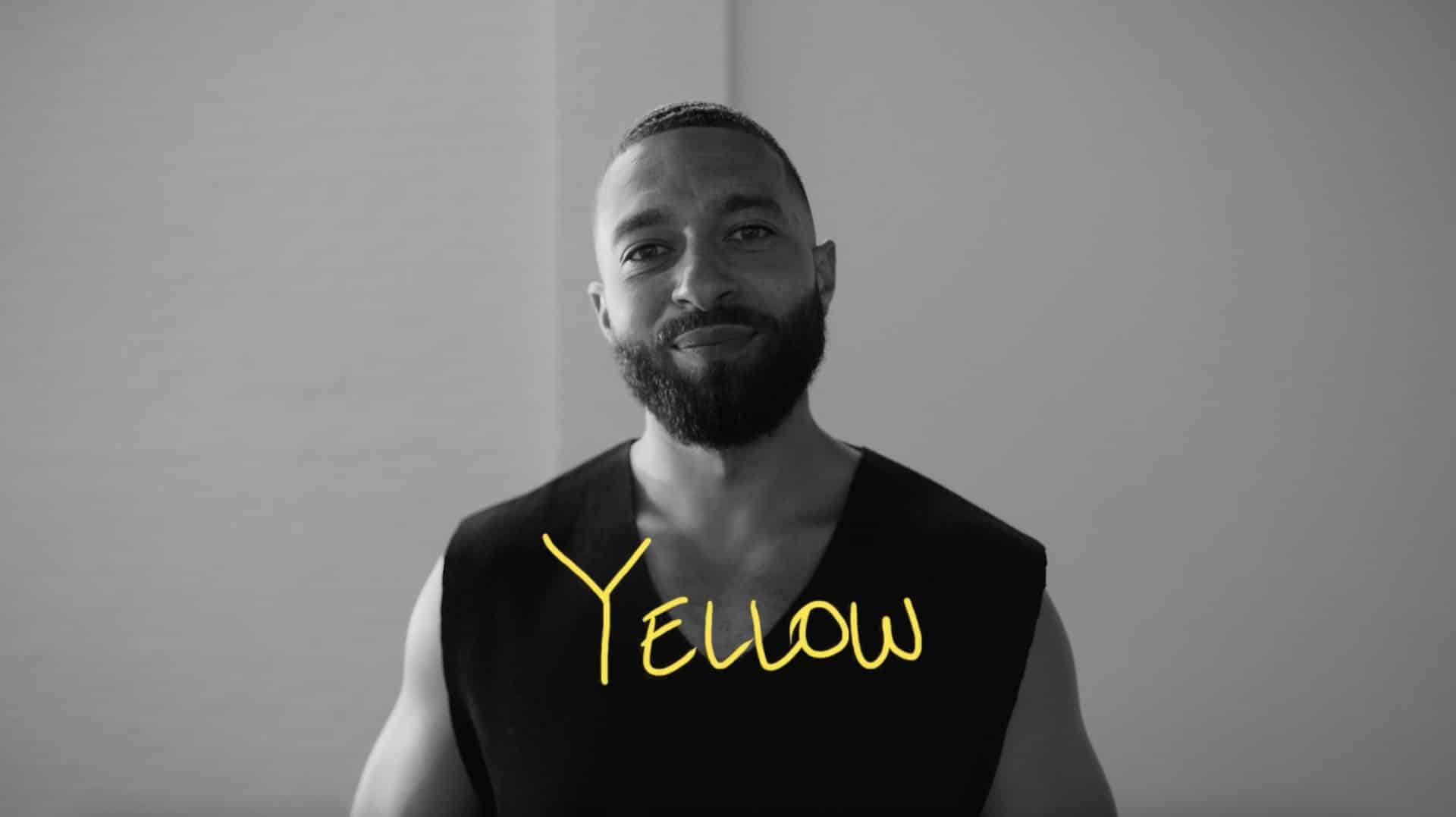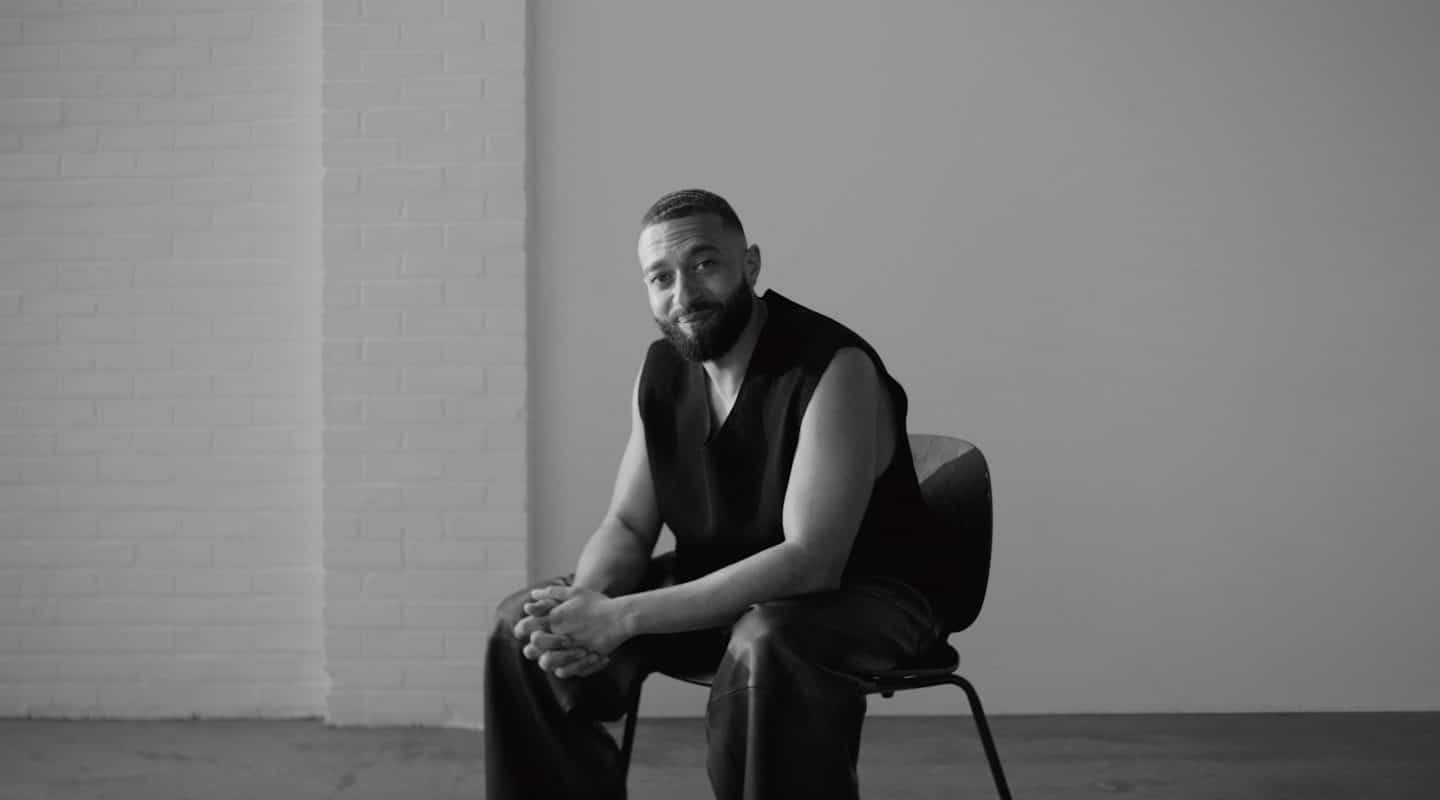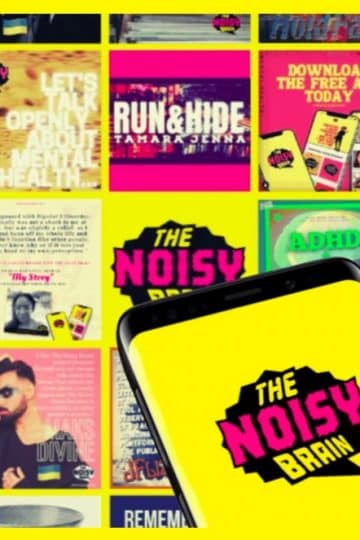Suicide prevention film calls out for funding
Mental Health
Suicide prevention film, Yellow, is aiming to help people in crisis. Actor and writer Luis Donegan-Brown tells us about the project.
Actor, film-maker and entrepreneur Luis Donegan-Brown is calling out for funding for a new suicide prevention film. His post during Mental Health Awareness Week certainly grabbed our attention, as he starkly talked about his own experiences and asked for support to make a new film called ‘Yellow’.
This is a project that could well be a game-changer in suicide prevention, with a more considered approach than many, based upon research from mental health and suicide prevention organisations.
Take a look at his post here:
Here, Luis tells us more about the project and the important theories behind it:
“So this kind of all came about from my personal experiences with suicide. The first time was when I was about 17, and that was really about my sexuality.
The second time was when I was 21 going on 22, when I was coming back to London after what was supposed to be a massive career shift that didn’t quite happen.
I’ve always been very upbeat as a person, always so ambitious, always so driven. And I just felt so defeated both of those times, and I got really close to taking my own life.
It was only my friends and family really – who took time to ask how I was – who brought me out of it.
When I hear messages from people like the Campaign Against Living Miserably and Samaritans, it really is about talking. It really is about people actually investing in other people and their well-being and just asking really simple questions.
When I think about my experience and how how simple it is to address things, I just wanted to share that. And I knew I wanted to make a film this year from my own perspective.
I was like, ‘OK, let me make something – but I wanna make something with purpose and I wanna make something for a reason.’
So I contacted CALM, and said what I wanted to do and what I wanted to achieve, and they gave me a lot of information.
I researched stuff from TfL, about suicide on the train network, and researched Samaritans’ guidelines on suicide in the media.
I started to notice this pattern that there’s all these guidelines in place, but when I think about suicide storylines in films and TV, none of them really echo the Papageno effect.
The Papageno effect is about the media showing someone overcoming a crisis. Which can have a positive influence on somebody who’s probably going through a difficult time or feeling depressed or feeling down. The research has proven that visibly seeing someone in a film or a TV show come out of a difficult time, that has a positive effect and can influence that person to seek help.
That married up exactly to what I had in my heart to achieve.
From a mission perspective, I really wanted to create a piece of work that can be seen by people and can inspire them to get out and talk.
And on the other side, I wanted to spark a conversation in the industry. I’m talking about at the highest levels. Really, what are the stories being put out?
I mean, look at Baby Reindeer on Netflix. I don’t think personally that there was enough counsel there or any attempt to hide the identity of the real Martha.
It’s about a sense responsibility when they’re putting out this content.
There’s actually another body of research called the Werther effect: if you put out these storylines of wonderful, glamorous, or really cool kids who take their lives, or show ways in which they take their lives, that creates imitation behaviour, and leads to increases in suicide rates.
That kind of awareness that’s important.
My focus has been on men, purely because of my experience and the fact that men still have the highest rate of suicide, but it really is also a film for everyone.
I wrote it in about six weeks. I’ve never written before, but the feedback I got was incredible.
I took it to directors of Netflix shows and other writers and other actors, made some tweaks, but now it’s good to go. It’s been signed off by CALM in terms of the story itself and how it aligns with the guidelines that are currently available.
Cast wise I have been very, very thankful that a few people that I’ve reached out to, very notable actors, have agreed in principle to come on board.
I can’t wait to kind of launch that and tell people who is on board. I’ve got a production team in place, a director, two producers, and the DOP. My main mission at the moment is funding everything.
The vision is clear and the team are ready, so as soon as we get that green light, and see those numbers increasing, we’ll know, ‘OK, we can do this.’
All being well, I would love to shoot in July. Because that means that from my perspective, I can create a bigger campaign story with time to release something on the 10th of September, which is Suicide Prevention Day.
My main mission at the moment is to get the awareness and to just drive on the mission. There’s a page that people can go to on Kickstarter which has all the information on it, including the synopsis of the story.
Just on the story, it’s fictional story, it’s not based on my life. I wanted something that was easily relatable.
It involves a young man, Matthew, who’s in his late twenties. His mother is seriously ill. She’s his rock, but he doesn’t tell anybody that she’s ill at the time.
And it’s this kind of downward spiral that we see him go on. From not talking about what’s going on at home and trying to put this mask on in public settings.
As a result, it affects the rest of his life. He loses his job, he stops interacting with his child. And at the point when his mother does pass away, he is at a loss. He feels the only way to solve that is to take his own life.
But he gets stopped at a train station by a good samaritan. A woman who basically sees him acting very erratically at the station. And she just has a normal conversation with him.
That comes from research that was done about bystanders at train stations about what to do when you see someone who is acting a bit odd. It’s not necessarily about going in to save the day and tackling them to the floor, it actually is just saying to them, ‘Excuse me, do you know where I can get a coffee?’ or ‘have you got the time?’
That’s proven from research to disrupt someone’s thoughts. Intervening in that way is such a safe and easy thing to do, and that we all have the ability to do.
And then we see Matthew navigate life after that suicide attempt, and we see him kind of come through the other side and experiencing all those things that you employ in terms of having really positive mental health – exercise and talking and community and therapy, and family and relationships and all those things. You see start to him build back up, getting out of this dark hole, and you see him transform.
I think that for me was just the key point: seeing someone come through the other side and overcome it with all these different elements that they can employ to start feeling better mentally.”
To support Luis with the film and to learn more about it, head to the Kickstarter page for ‘Yellow’.

Join The Book of Man
Sign up to our daily newsletters to join the frontline of the revolution in masculinity.




















